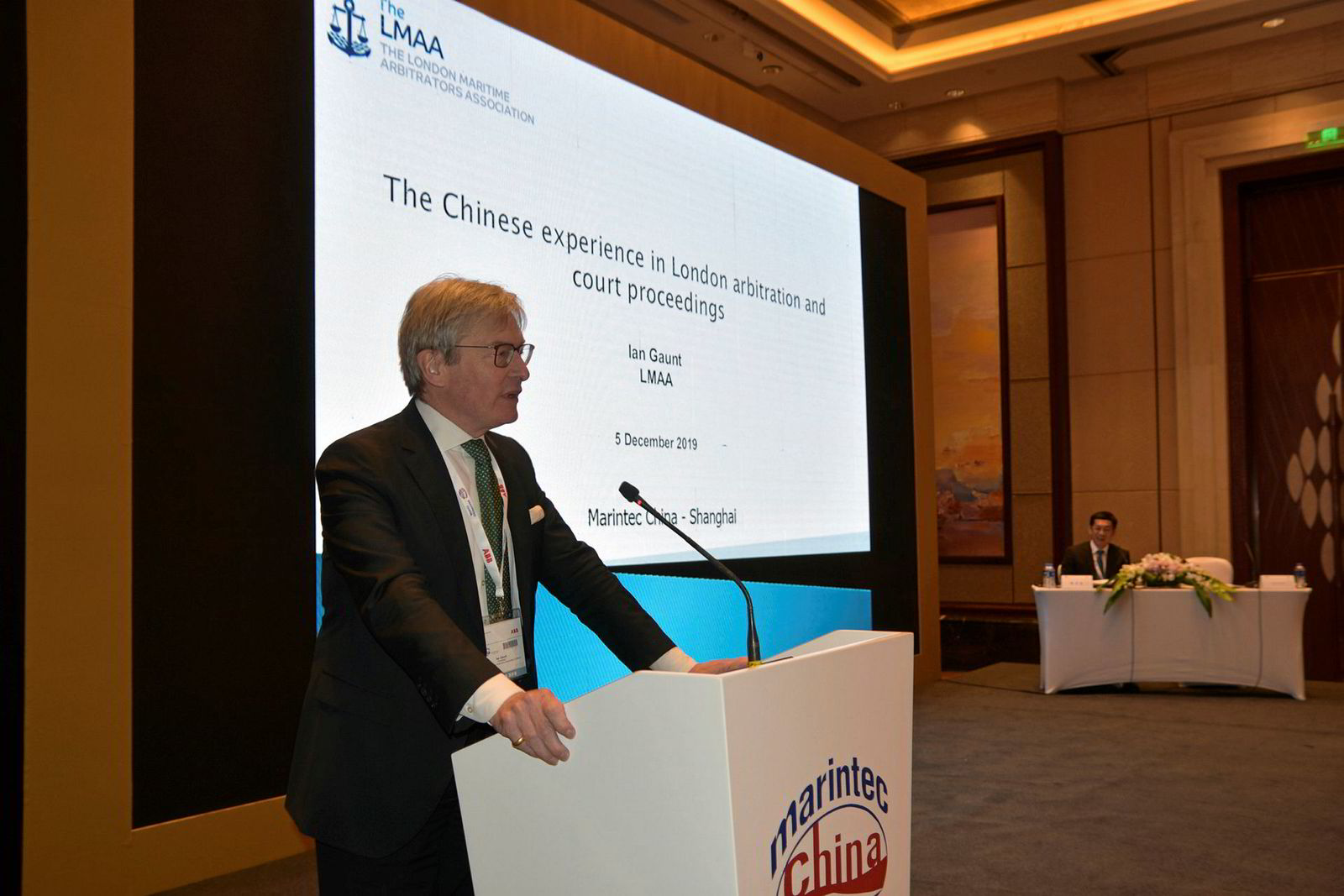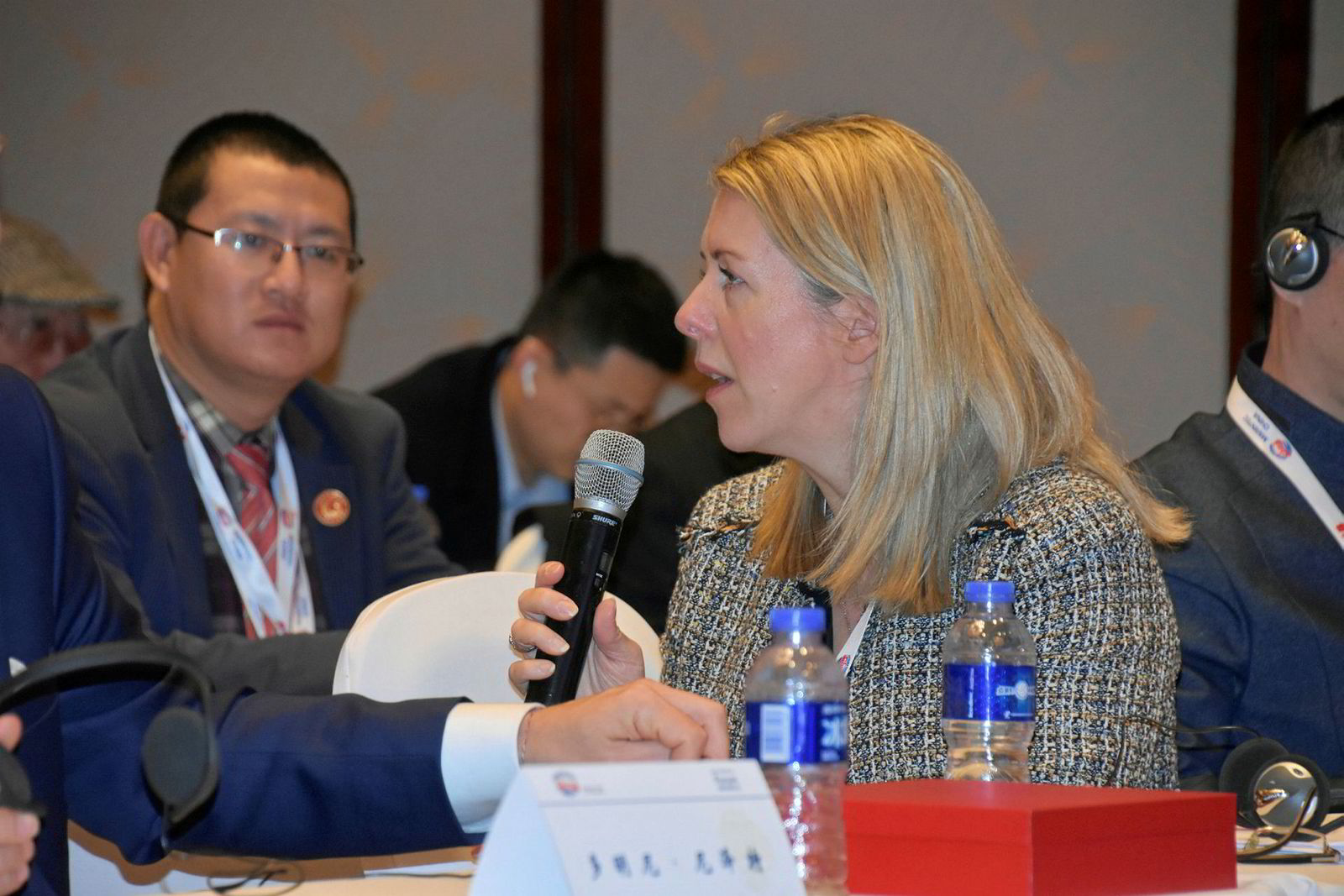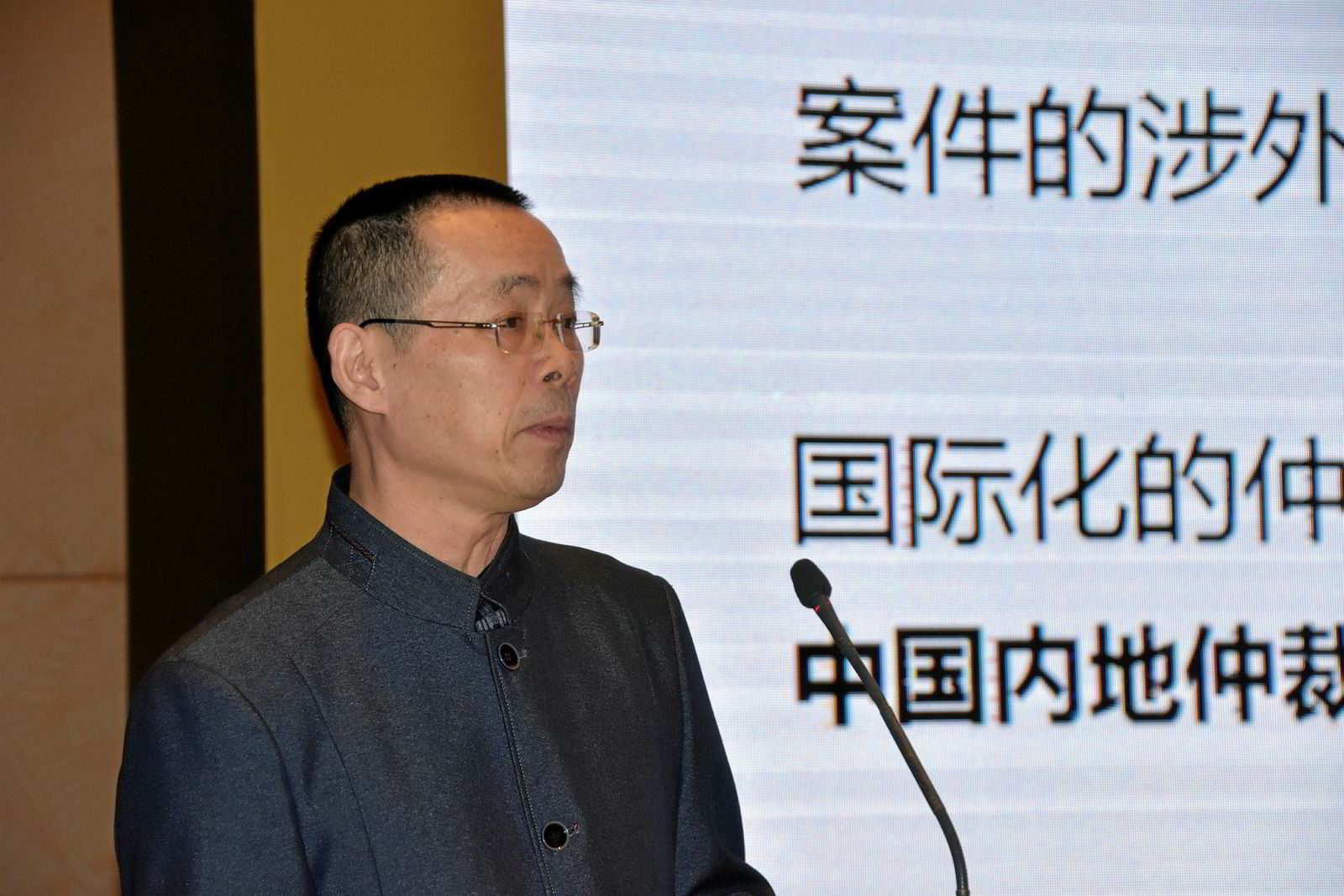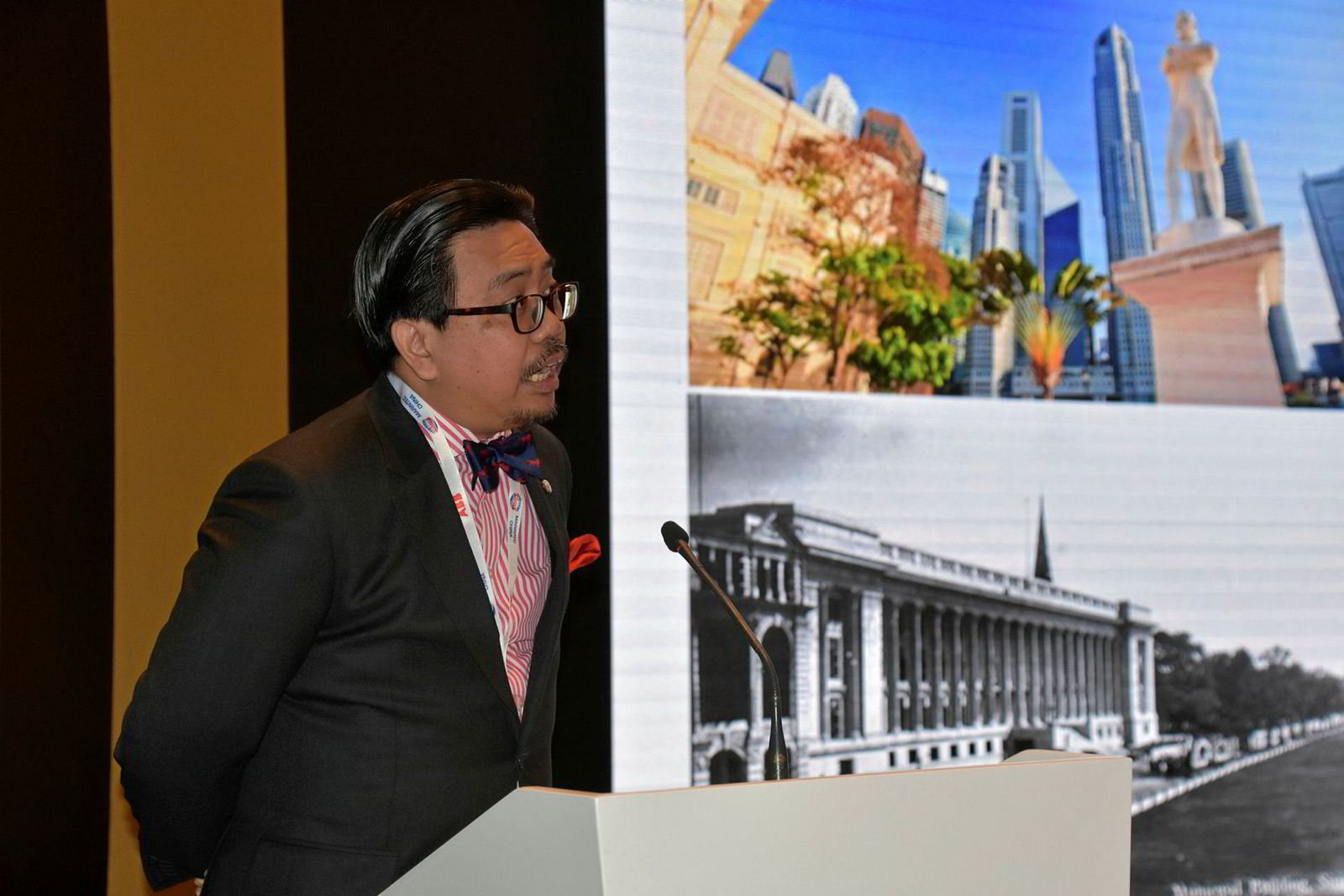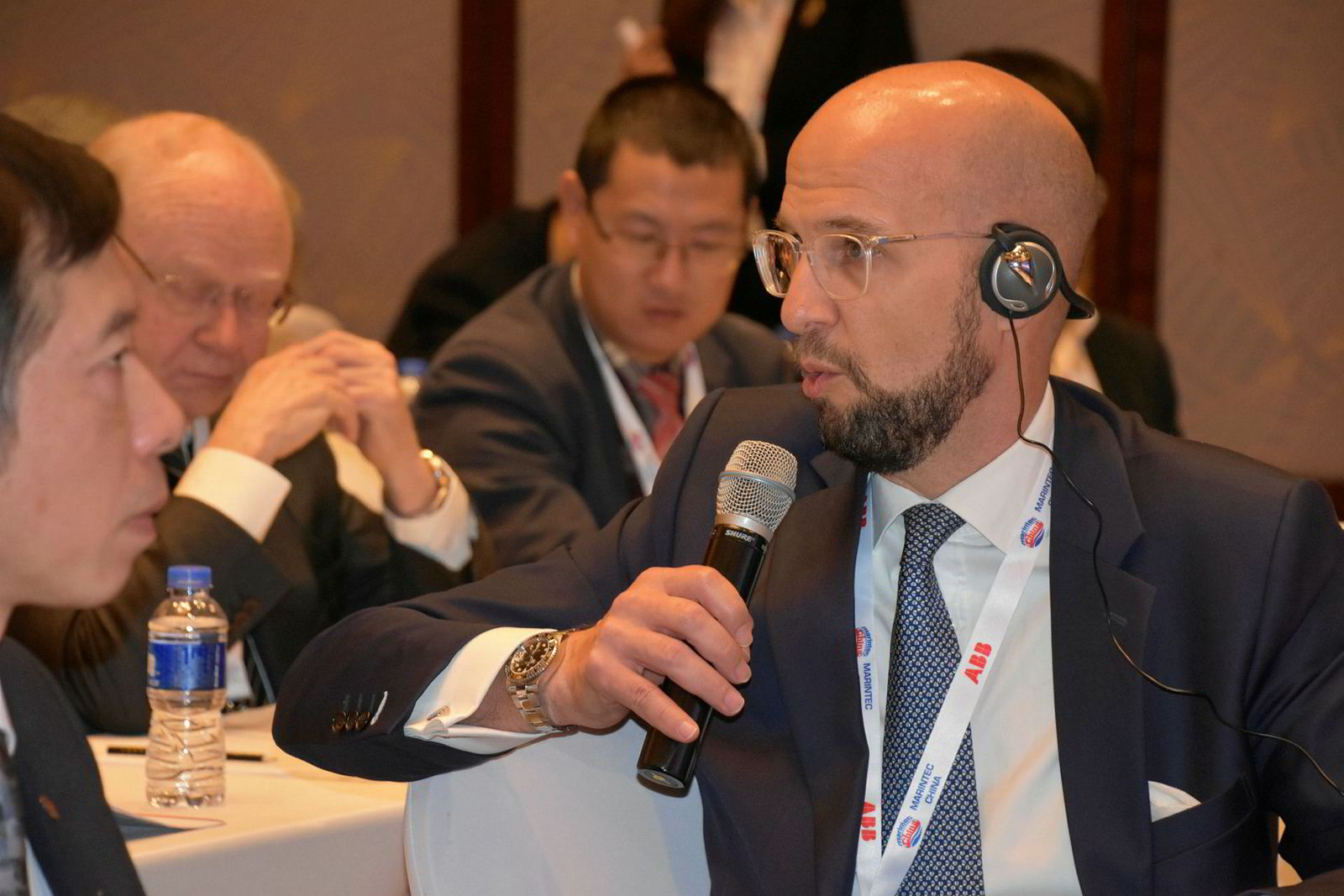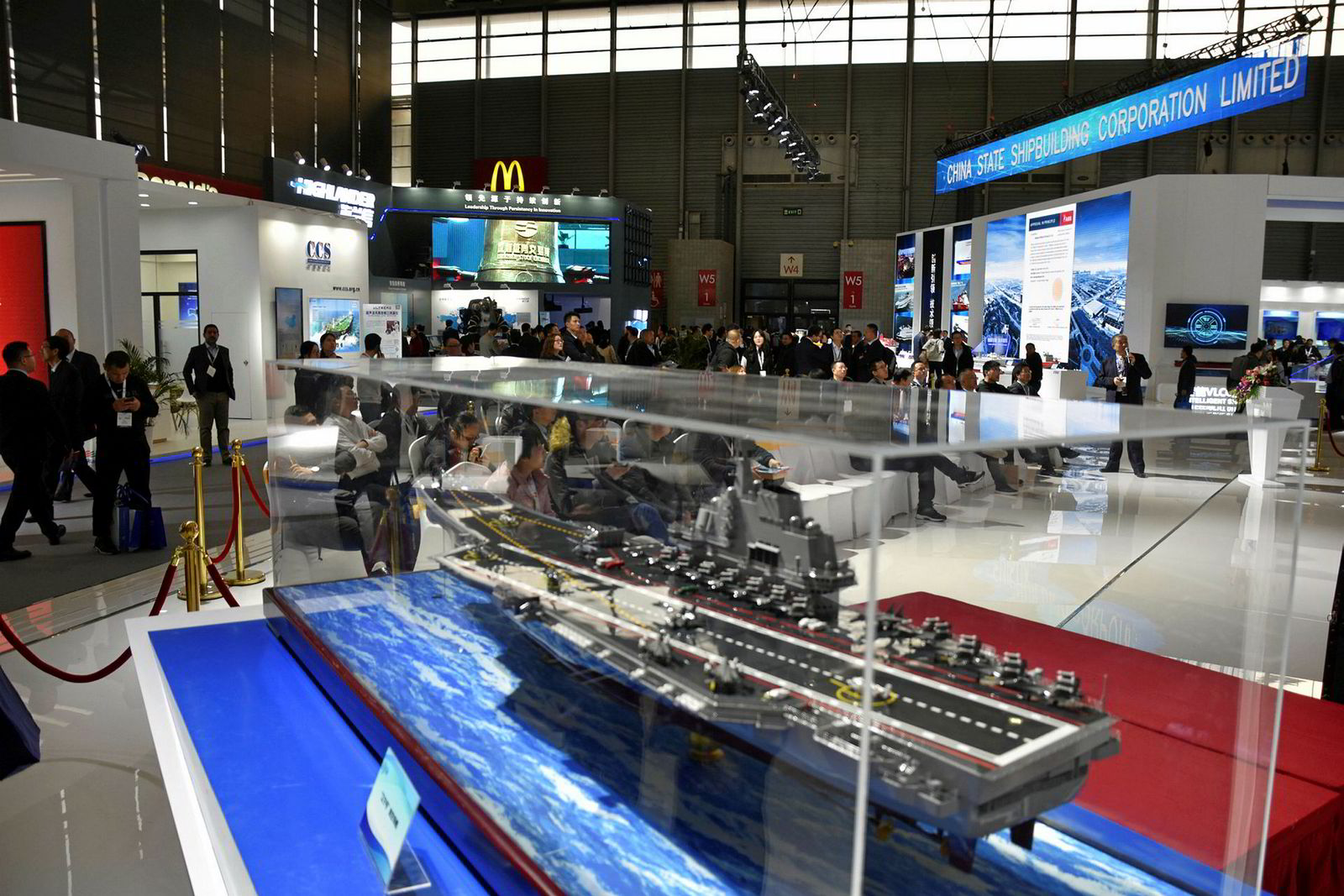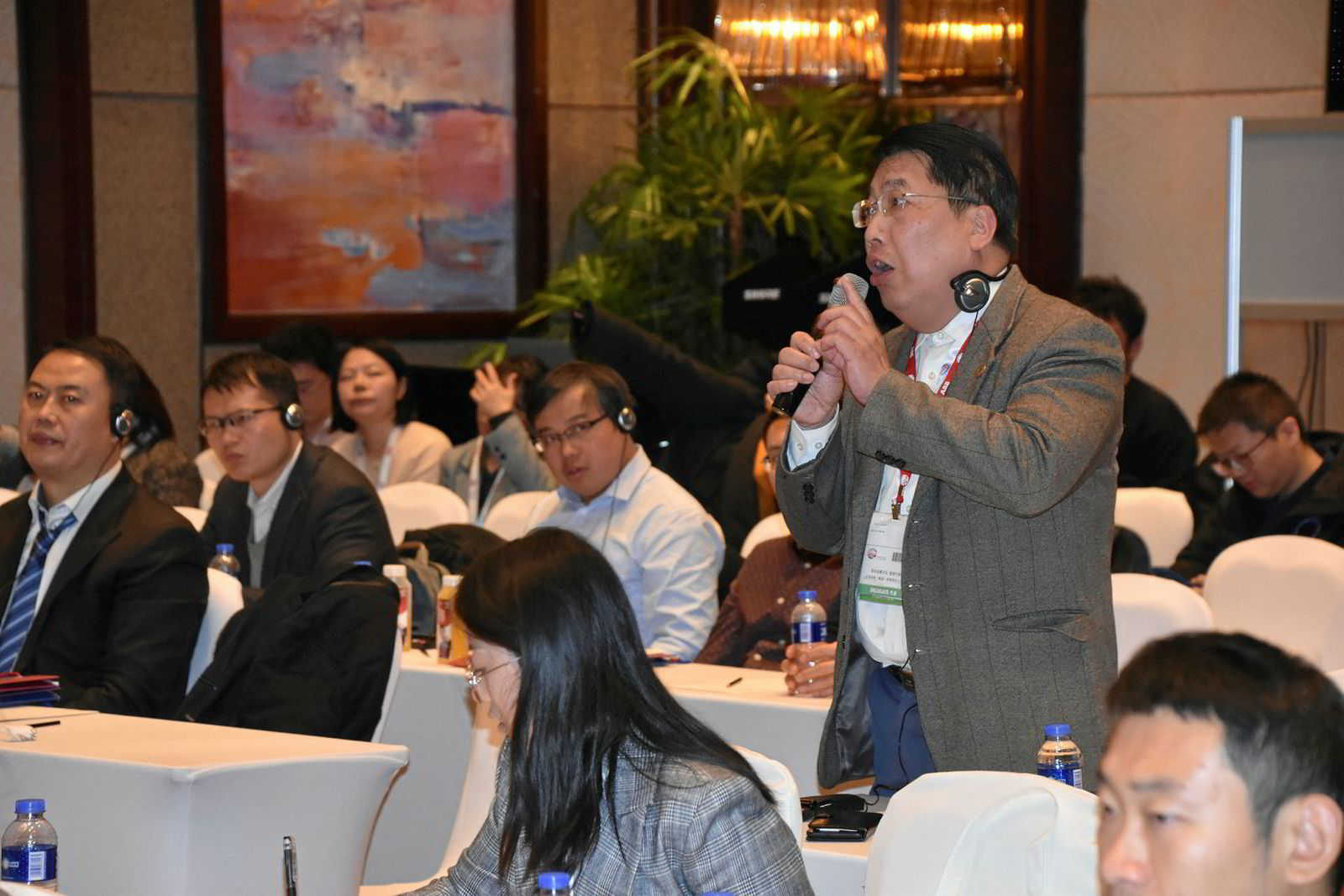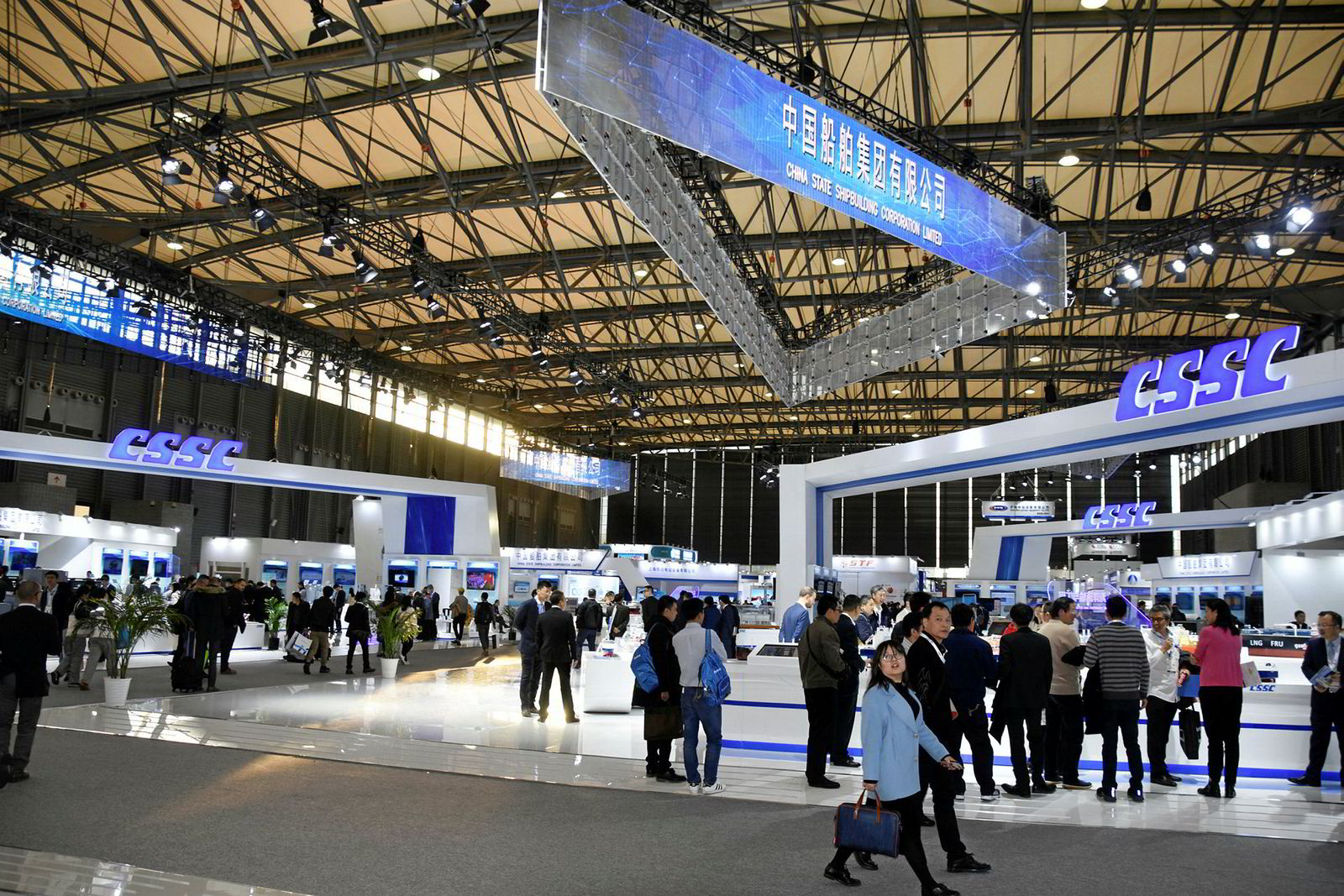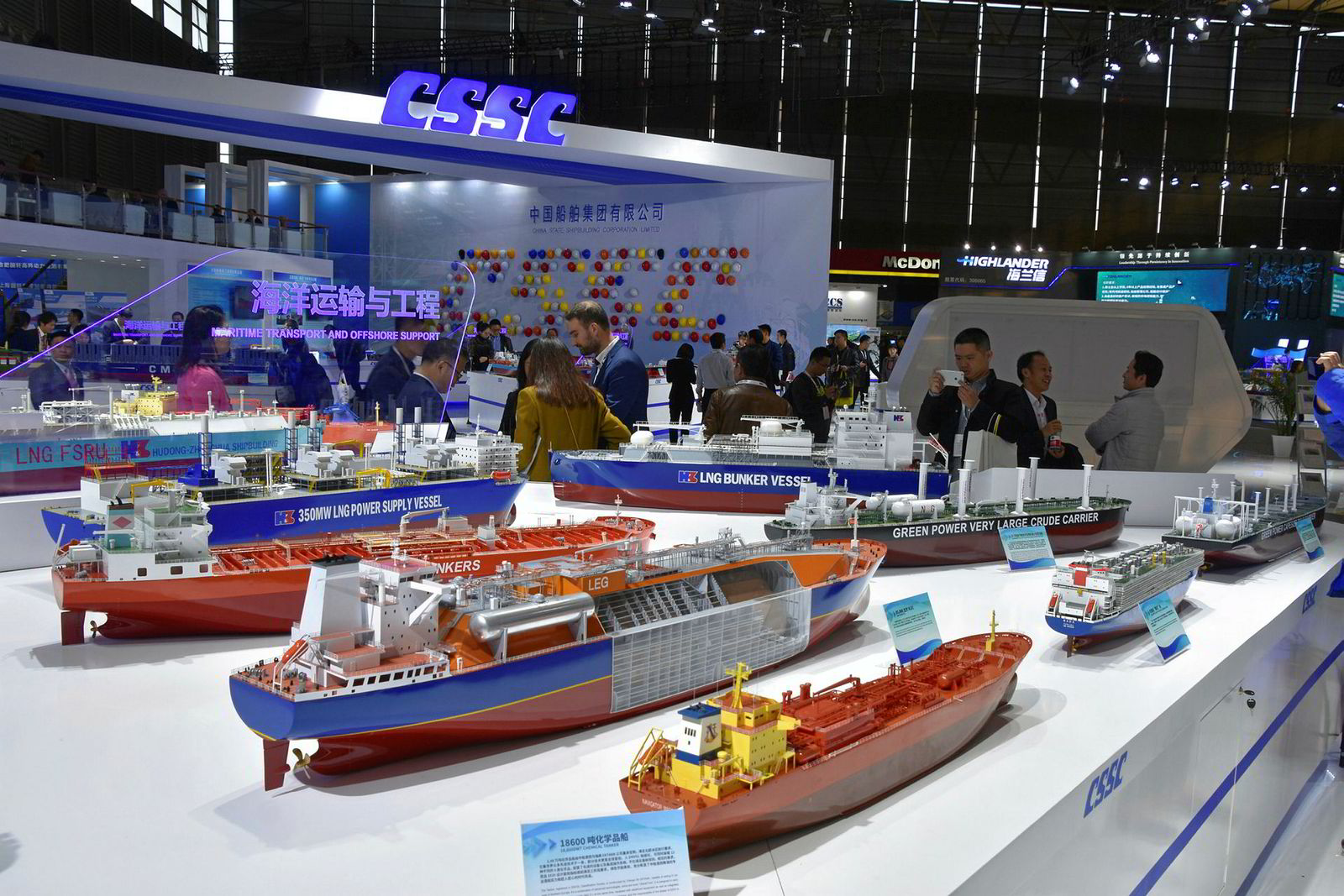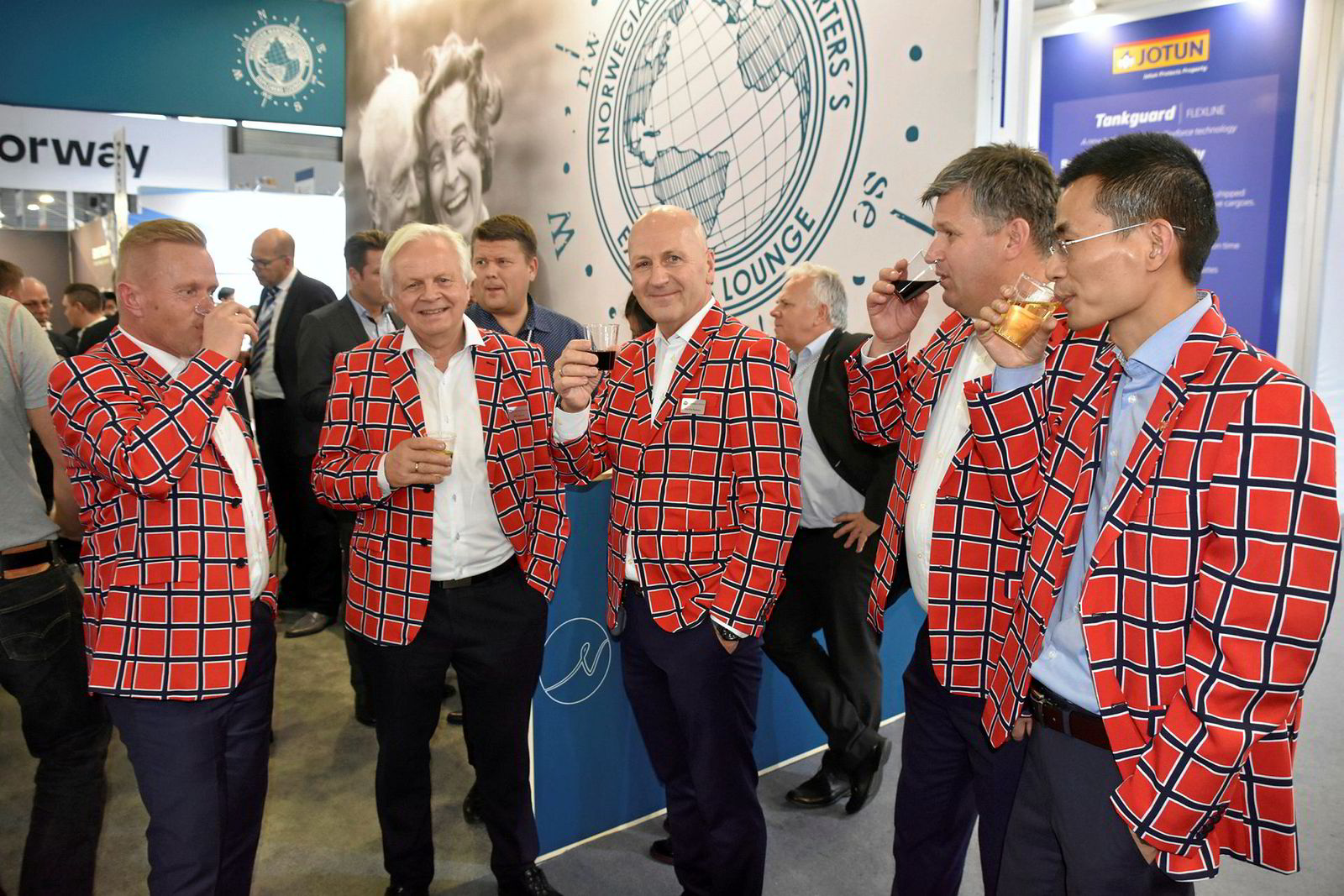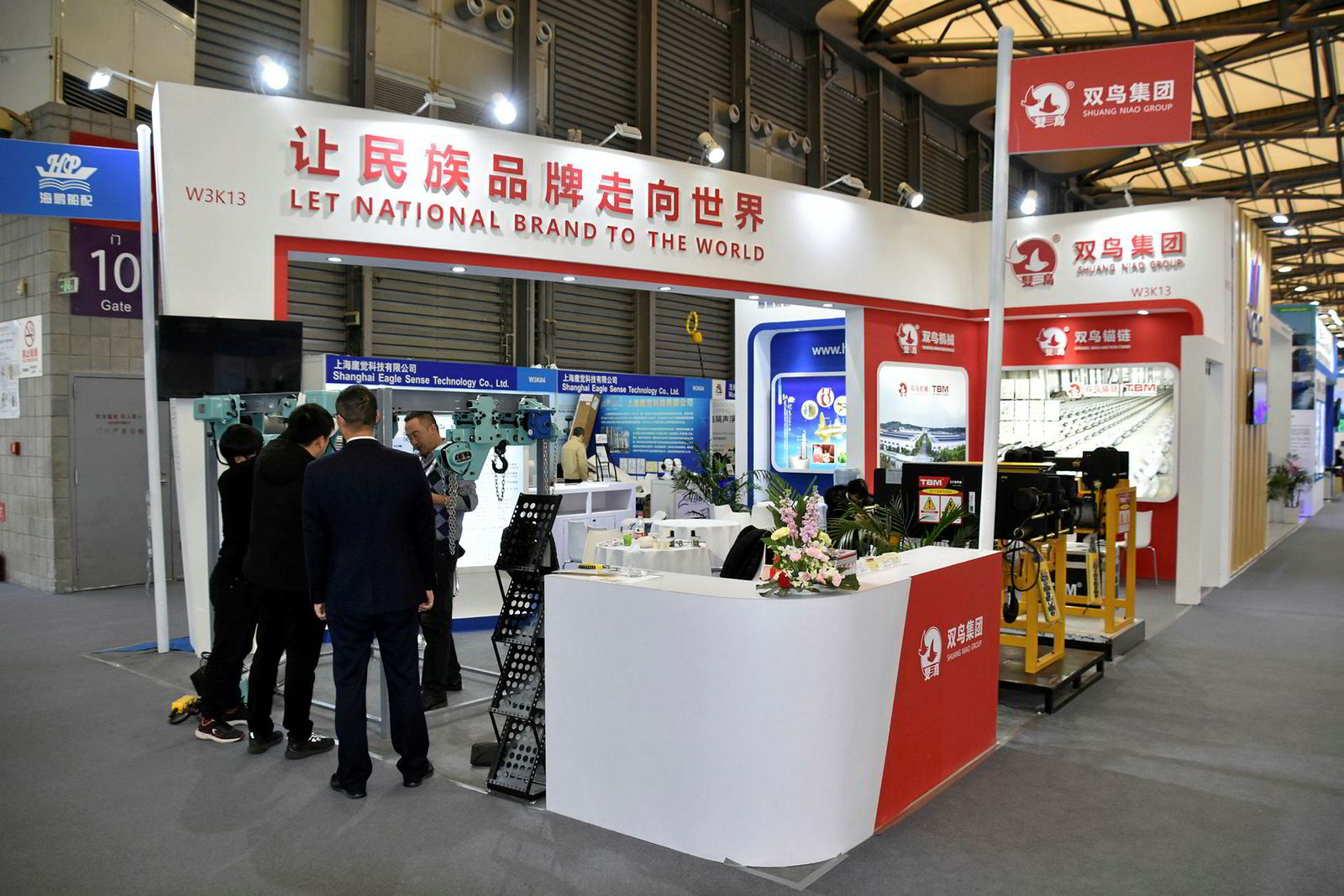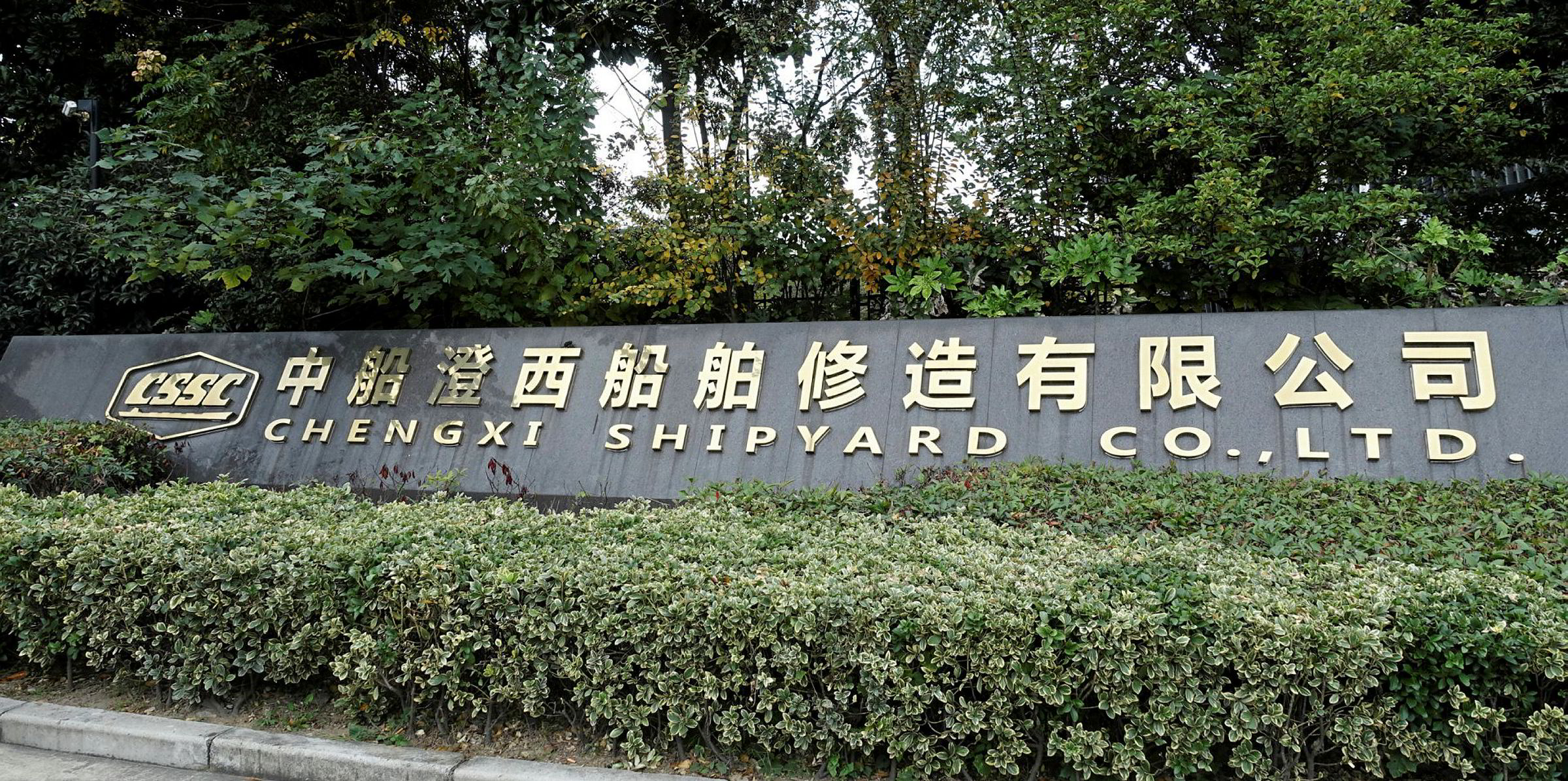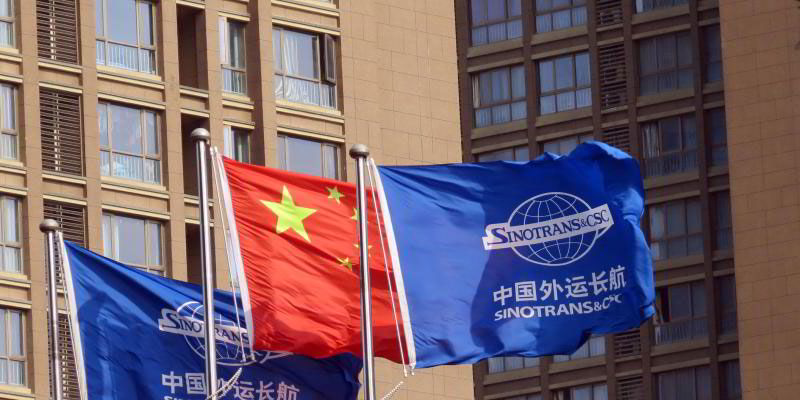It is a myth that Chinese shipyards always lose in London arbitration cases, the president of the London Maritime Arbitrators Association (LMAA) told a Shanghai audience.
Ian Gaunt told delegates at a crowded closing session of the senior maritime forum of 2019 Marintec China that London arbitration under English law will remain crucial for shipping, and especially shipbuilding.
"If you are selling ships to international buyers, you will have to comply with the standards of international arbitration," Gaunt said.
But he believes the record shows that Chinese shipbuilders can prevail if prepared.
"There is misinformation in the market about the extent to which parties have been successful or unsuccessful in LMAA arbitrations, and about the reasons," he said.
Scoring wins
Gaunt was discussing London arbitration in general, including charterparty and other disputes, but said he had more experience with shipbuilding cases, having sat in more than 150 of the "several thousand" shipbuilding arbitrations involving Chinese yards since 2009.
Shipbuilding is also the main cause for London arbitration involving Chinese parties, he said, adding that the increasing volume of high-value tonnage being built in China meant this was unlikely to change.
Evidence, arguments and outcomes of proceedings are largely private but Gaunt cited more than a dozen Chinese shipbuilders that had scored wins in London.
Gaunt said victors included Cosco Dalian, Cosco Qidong, Taizhou Sanfu, Sainty Marine, Shanghai Waigaoqiao Shipbuilding, Zhoushan Jinhaiwan (Jinhai Heavy Industry), New Times Shipbuilding, Wuhan Guyou Logistics, Jiangsu Eastern Heavy Industry, Wuhan Ocean and Economic and Technical Corp, and Avic International.
He also noted that some were now defunct or had been merged with other groups.
Gaunt said shipbuilding disputes typically become an issue for arbitration when a shipowner cancels an order after a delivery delay, which the shipowner may or may not have contributed to. This often happens after a contract's "long-stop" cancellation period has passed, meaning that a shipbuilder is unable to invoke force majeure.
Less often, cases come after a shipowner rejects a completed vessel on grounds of quality.
Escape attempts
Gaunt said such disputes often follow a familiar pattern. A shipowner gives notice of cancellation, triggering a refund from a bank or guarantor.
The builder then gives notice of arbitration, which blocks the refund while the dispute is pending.
Chinese shipbuilders then often mount parallel proceedings in the Chinese court system, alleging fraud.
The fraud allegation, if proved, allows a party to get around an agreement to settle contract disputes in arbitration, which Gaunt characterised as "quite clearly a strategic attempt" to escape the process.
Despite this, Gaunt acknowledged that Chinese builders have lost many arbitration battles with foreign owners. But, he added, since London arbitration is not going away, Chinese yards should prepare better, analyse their losses and adjust their practices accordingly.
This analysis should include how they approach the legal process itself and commercial and technical practices in anticipation of contracts ending unhappily.
He said yards that took a "more reflective approach" to preparing for disputes would give legal staff more responsibility to monitor the performance of a contract and ensure its terms were being complied with.
Get it in writing
This means a yard's legal team needs to be alert to compliance on the owner's side as well.
One Chinese shipping lawyer in the audience raised a common scenario where yards play into owners' hands by being too indulgent — accommodating requests for upgrades or extra work that then delays construction, and the owner is able to walk away.
Gaunt said the crucial thing is that a yard gets requested changes in writing before agreeing to go beyond contracted terms.
He recommended that yards should negotiate long-stop cancellation terms more realistic than the current 210 days.
In the arbitration process itself, Gaunt said yard staff and others called to testify are unprepared for the practice of cross-examination.
"Witnesses have to understand they are going to be subject to hard questioning," Gaunt said.
The 20th edition of Marintec China, a professional marine industry fair, took place in Shanghai last week, showcasing the latest maritime products and hosting a series of signing ceremonies organised by the newly merged China State Shipbuilding Co.
